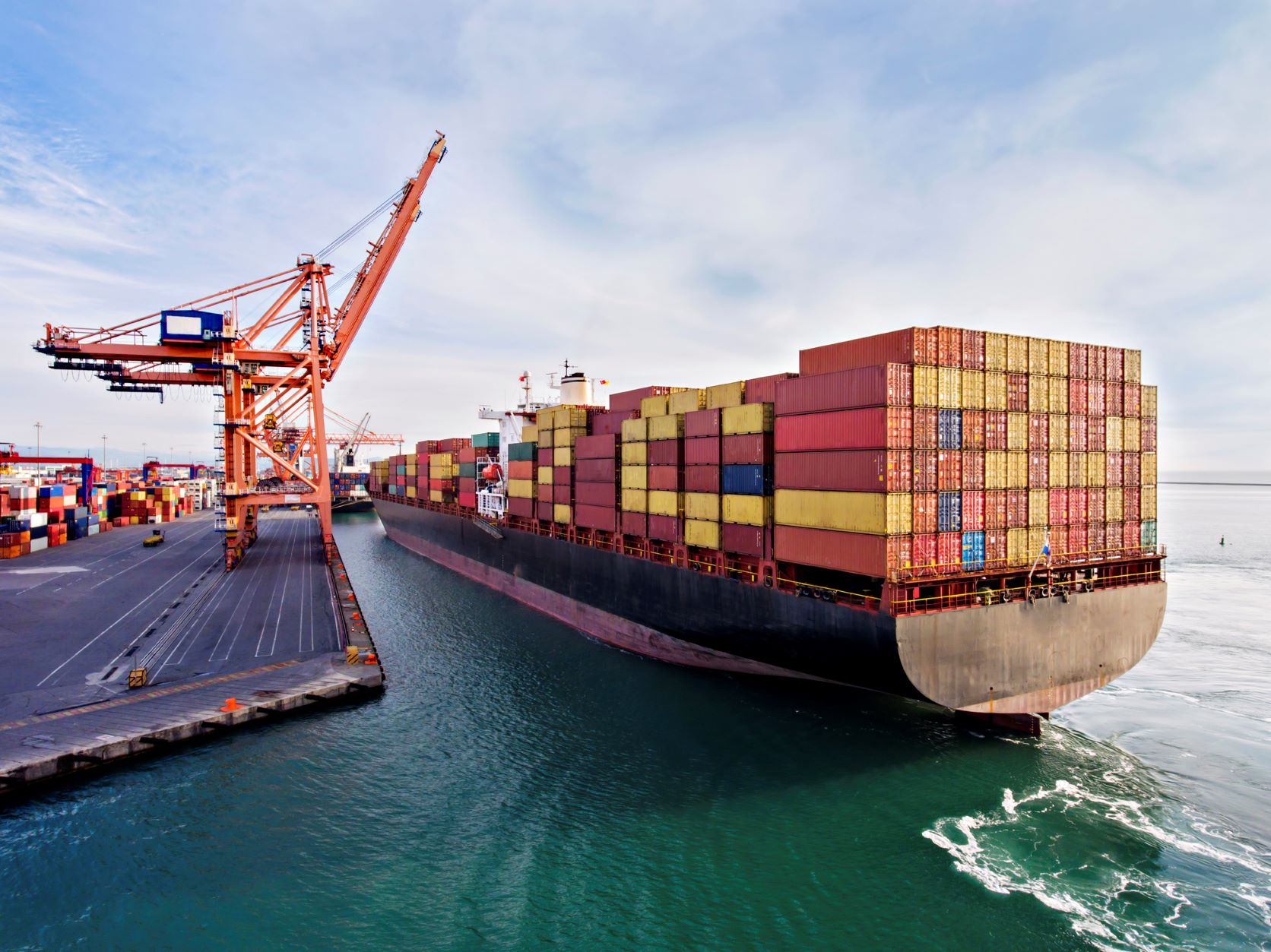Labor and talent management, transportation capacity issues, and supply and demand planning disruptions are among the top three challenges facing the food supply chain, show the findings of a survey released by FourKites, a supply chain visibility company, and the nonprofit Food Shippers of America.
Results from 115 industry leader respondents shed light on the most pressing logistics challenges in the food and beverage community, as well as the impact of ongoing economic, geopolitical, and supply chain disruptions.
Difficulties with supply and demand planning, product availability, and warehousing are more likely to plague enterprise companies with sales of $500 million or more, show the findings. While these are also top concerns for smaller food and beverage shippers, these companies more frequently cited store operations and transportation rates as primary challenges.
Shippers indicated that COVID’s impact on labor, over-the-road capacity constraints, port delays and congestion, and changes in consumer behavior or buying patterns have isrupted operations and created or exacerbated today’s challenges. Since the pandemic began, more than 30 percent of respondents have seen customer loyalty drops, and 55 percent indicated a sales decline. The financial impact was more acute, with more than 65 percent indicating losses.
FourKites data found the 28-day average food and beverage shipping volume is down 1 percent year over year, compared to a nearly 10 percent shipment decline for all other industries. Meanwhile, the 28-day average percentage of food and beverage deliveries delayed has remained at 27.5 percent throughout the year.
“Food and beverage shippers have contended with a lot lately, as the industry has been more affected by product and material shortages than most, and for goods that are in demand year-round,” said Glenn Koepke, FourKites general manager of network collaboration, in a statement. “Those who have navigated supply chain disruptions the most successfully are companies that have leaned heavily on technology and collaboration to identify and address issues before they snowball into major events.”
When asked how they will future-proof their supply chain, technology and automation were common themes among respondents. “We are continuing to invest in technology to assist us with management of fuel, assets, and drivers’ utility,” indicated one participant.
Looking ahead, roughly three-quarters of respondents say they are either “concerned” or “very concerned” that rising inflation and geopolitical uncertainty will negatively impact sales during this year’s fourth quarter.
Related: Businesses Innovate to Lower Delivery Costs; Drying Mississippi River Impacts Supply Chain

